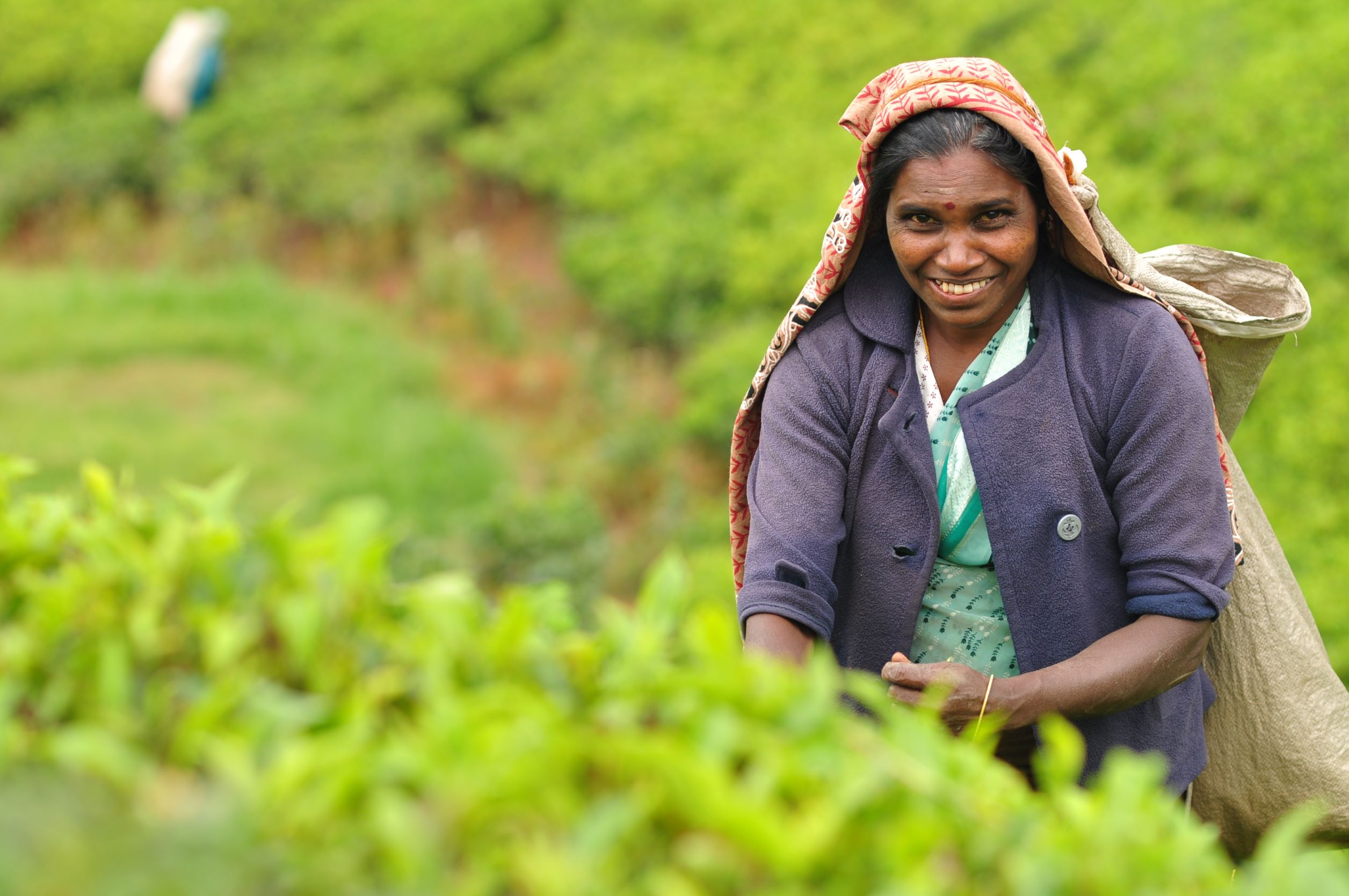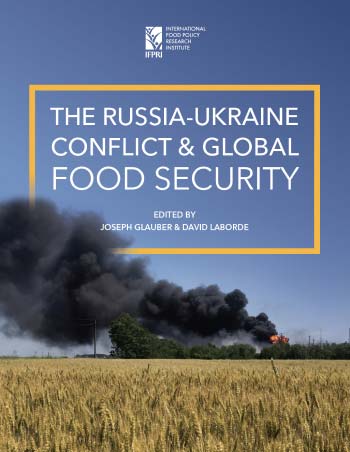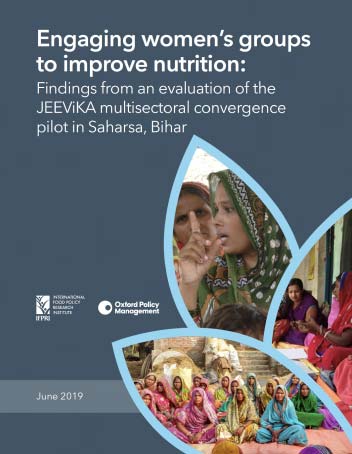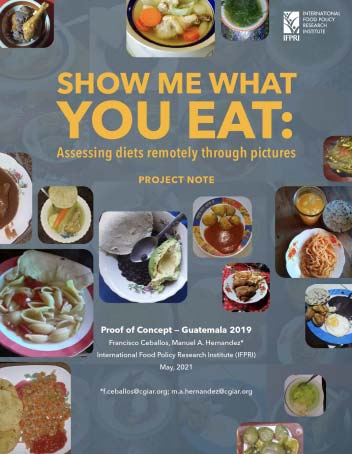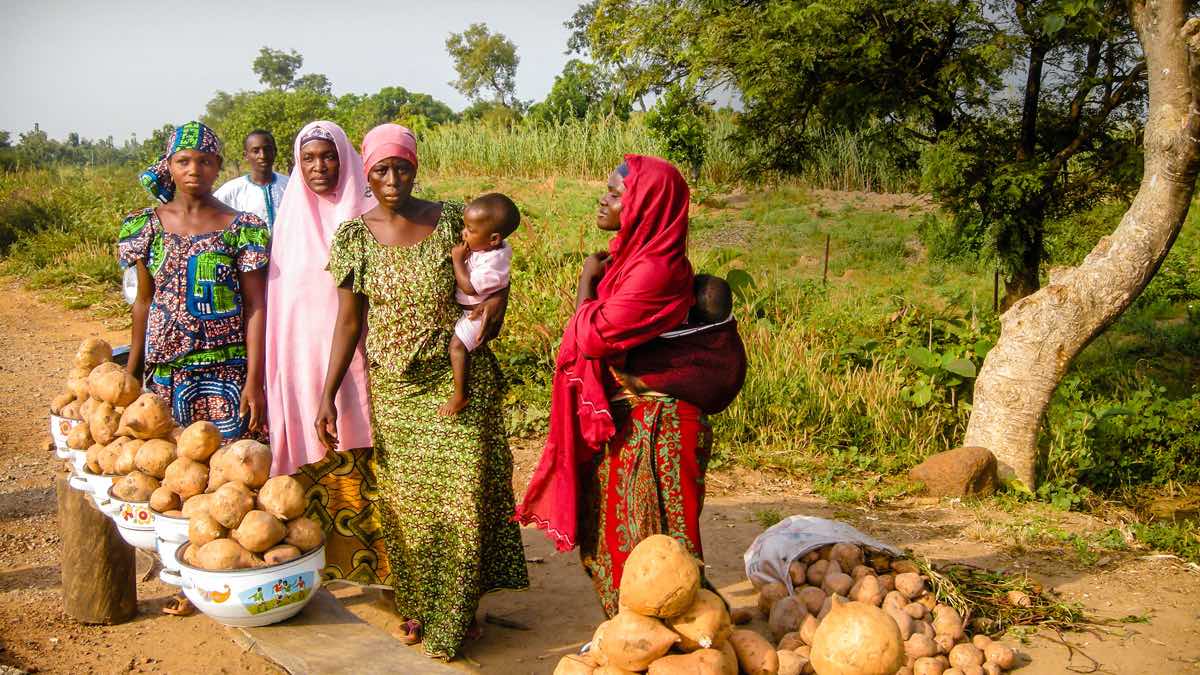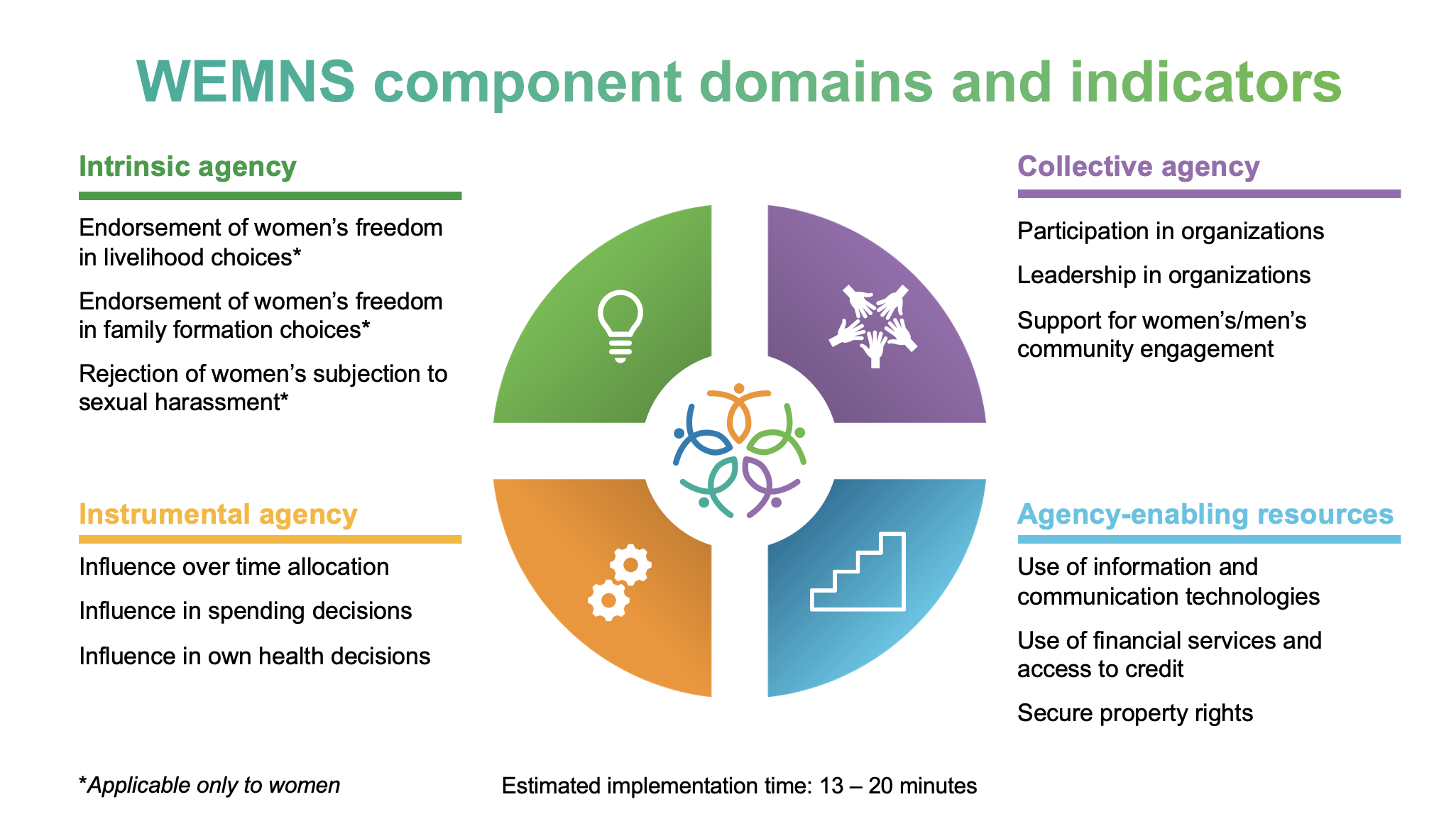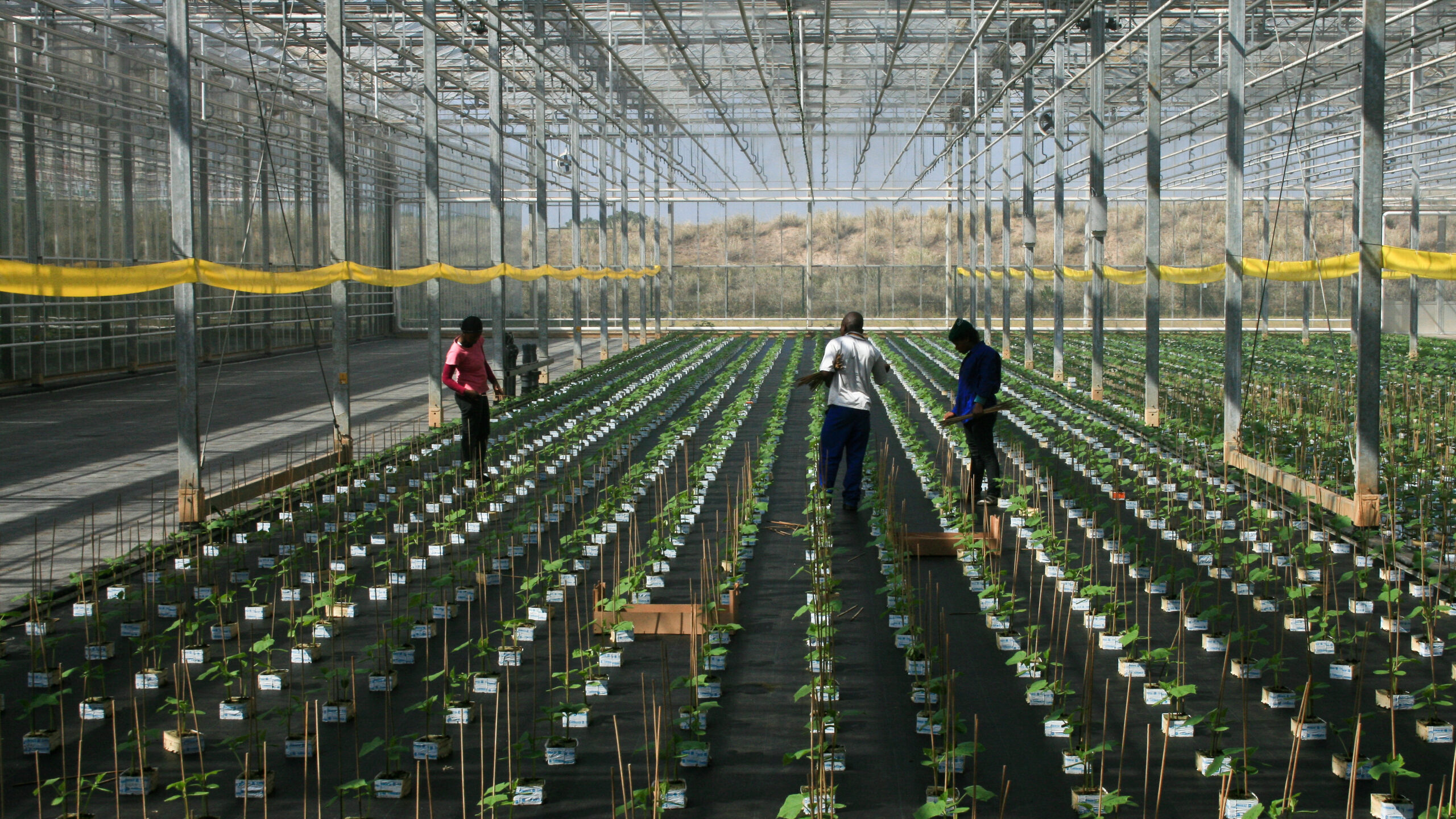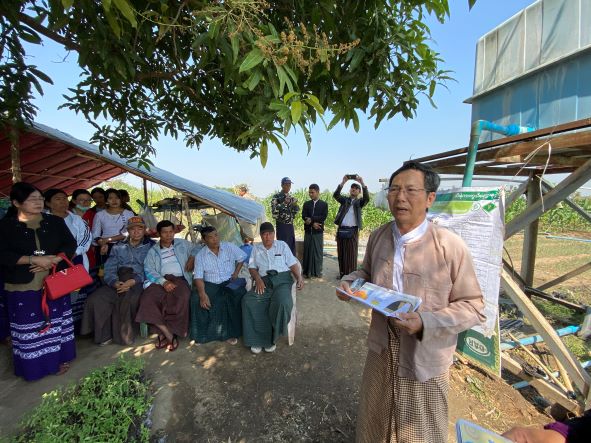
Agricultural Extension
Agricultural extension (agricultural advisory services) is crucial to increasing food security and confronting new challenges: transformation in the global food safety, and natural resource deterioration.
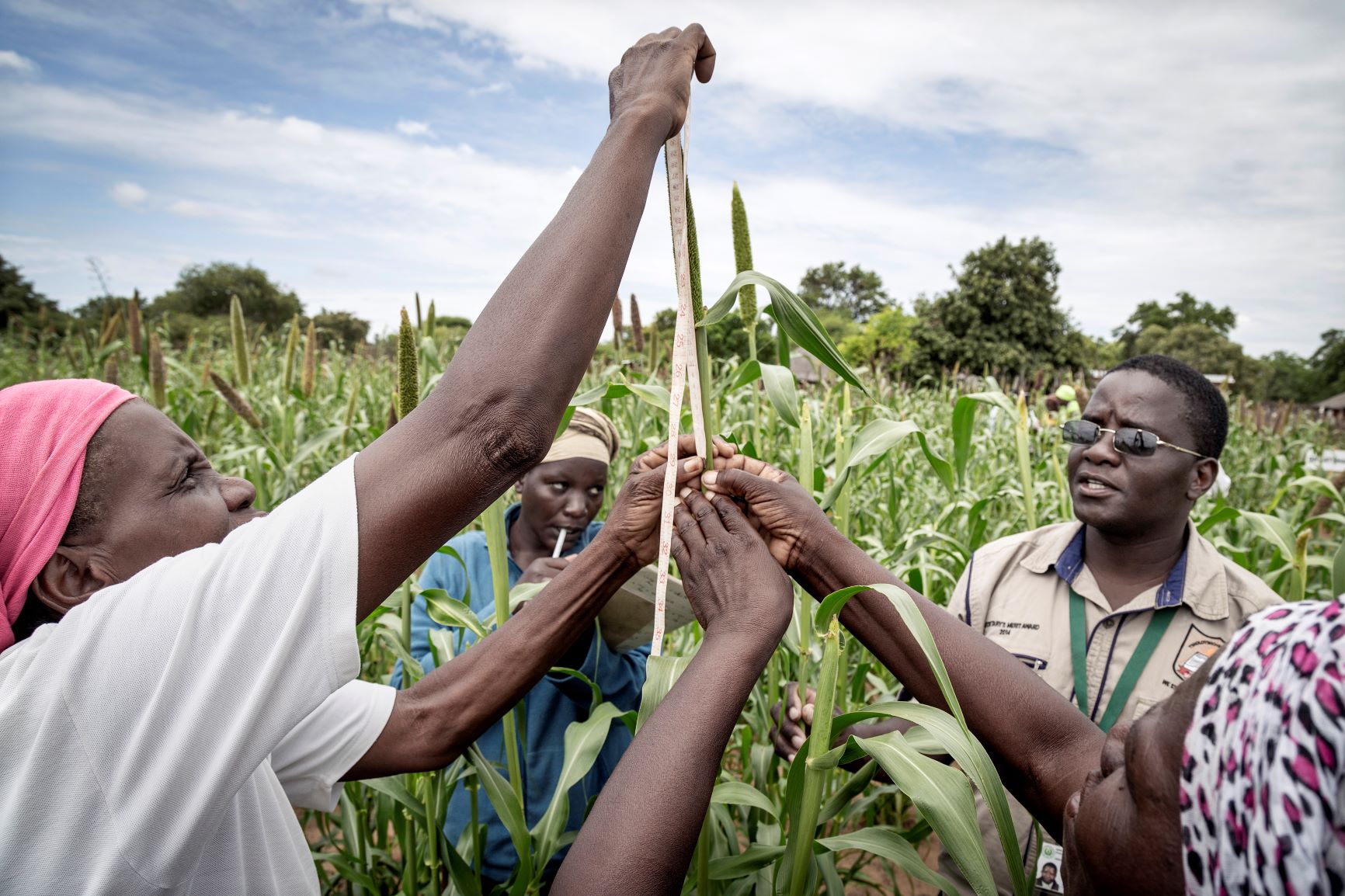
Agricultural Production
IFPRI’s research on food security and sustainability looks at emerging technologies and policy innovations designed to better meet growing global food needs.
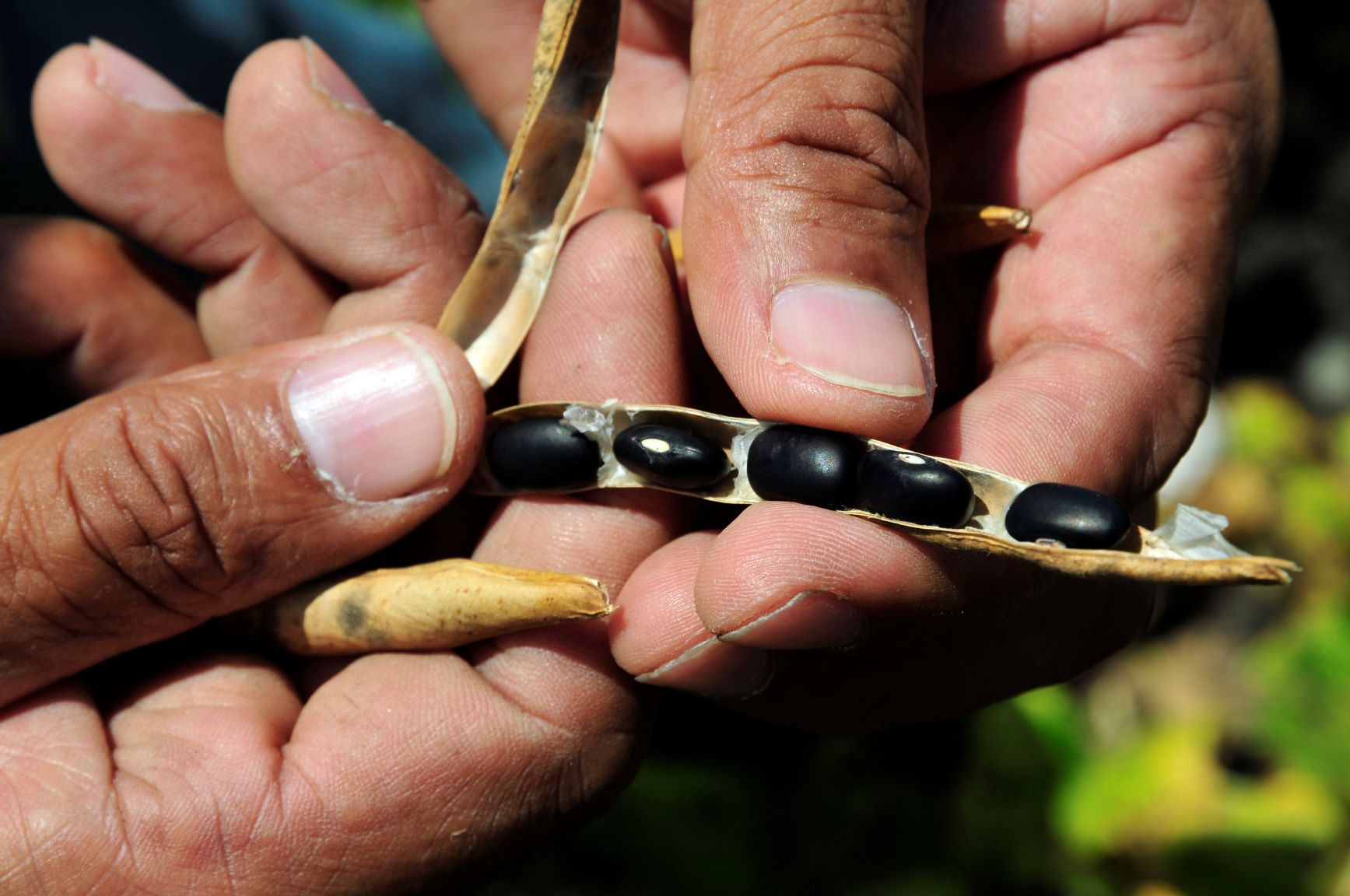
Biofortification
Biofortification produces crops with higher levels of zinc, iron, or other micronutrients to address common micronutrient deficiencies, known as “hidden hunger.”
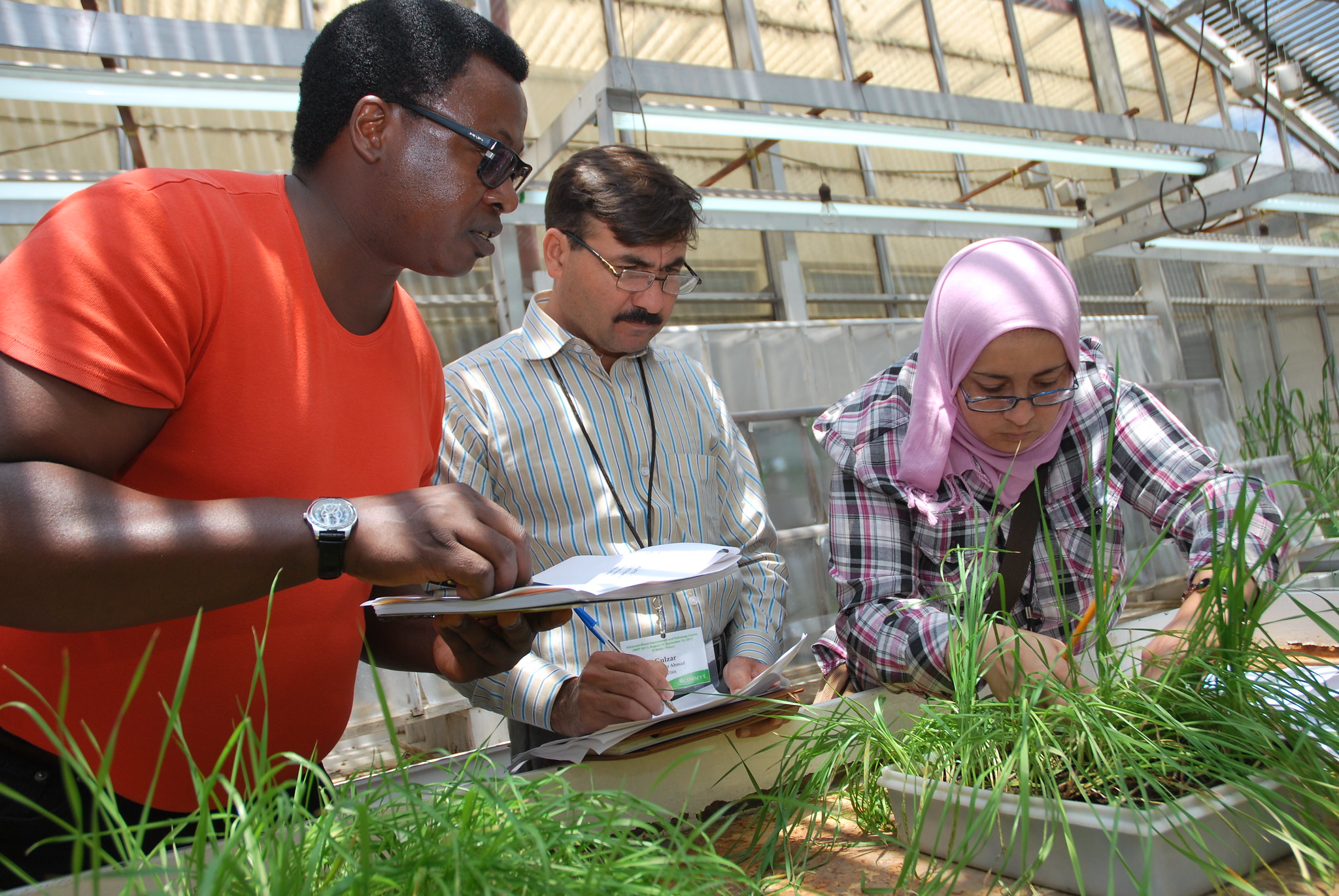
Agricultural Biotechnology
Since the development of the first biotech crop varieties, IFPRI has analyzed their costs, risks, and benefits for farmers and consumers in low- and middle-income countries.
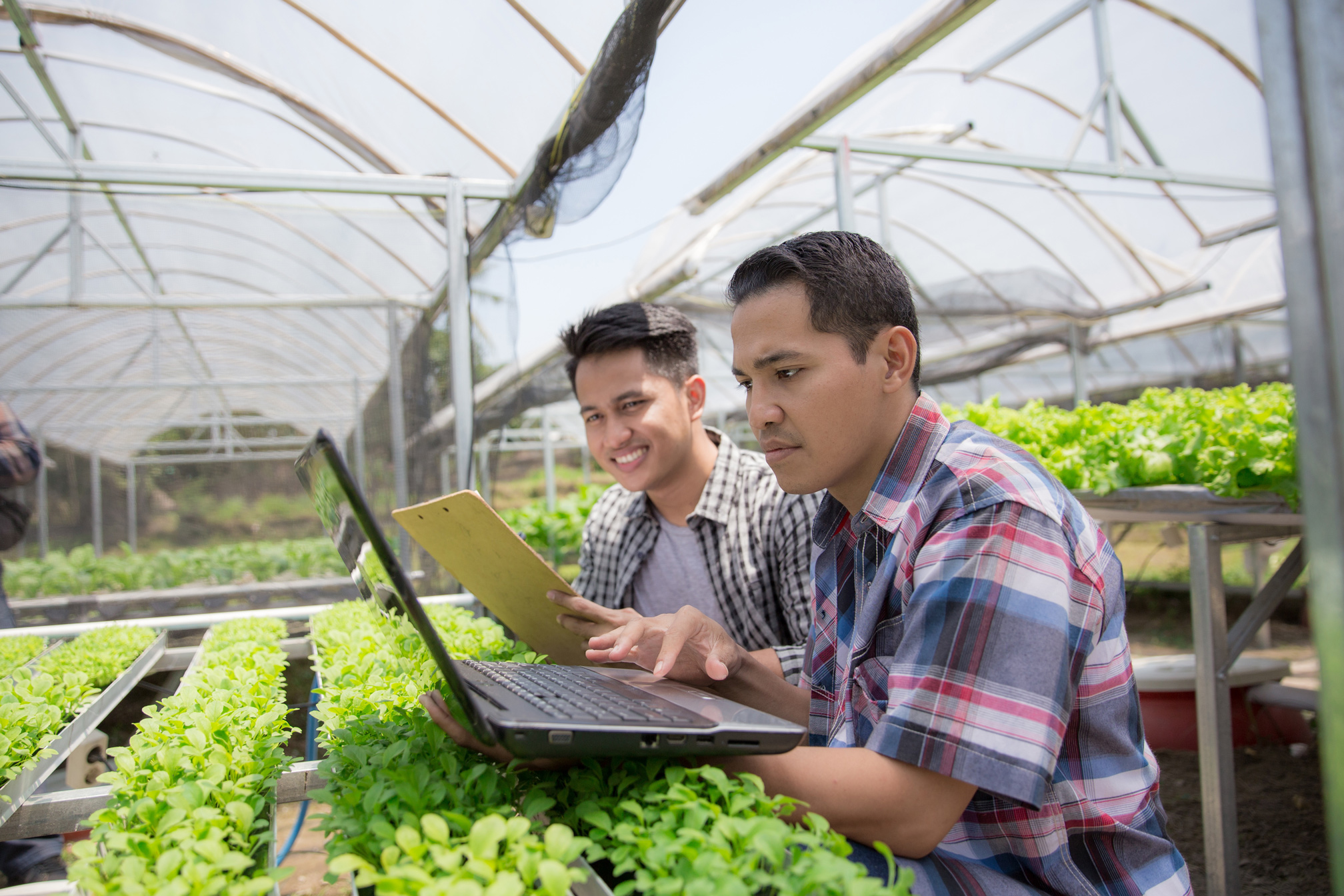
Capacity Strengthening
Capacity Strengthening seeks to improve the capabilities of policy research organizations, individuals, institutions, and policy systems that contribute to the achievement of a world free of hunger and malnutrition.

Climate Change
To help farmers adapt to climate change, increase crop yields, and mitigate greenhouse gas emissions, IFPRI develops climate-smart strategies and computer models to show how alternative policies and investments can benefit agriculture.
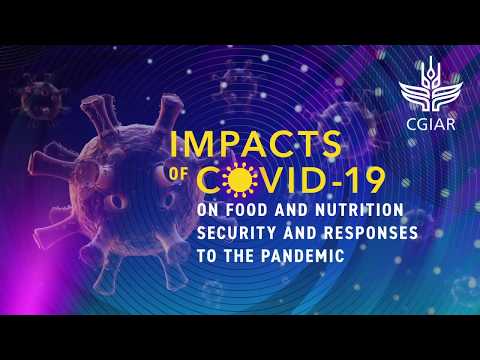
COVID-19
IFPRI is actively working to support evidence-based policymaking in the context of COVID-19 at national, regional, and global levels.

Ecosystem Services and Biodiversity
IFPRI engages in ecosystem services research on land use, biodiversity, and sustainable intensification to learn how externalities of production systems can be integrated into decision-making.
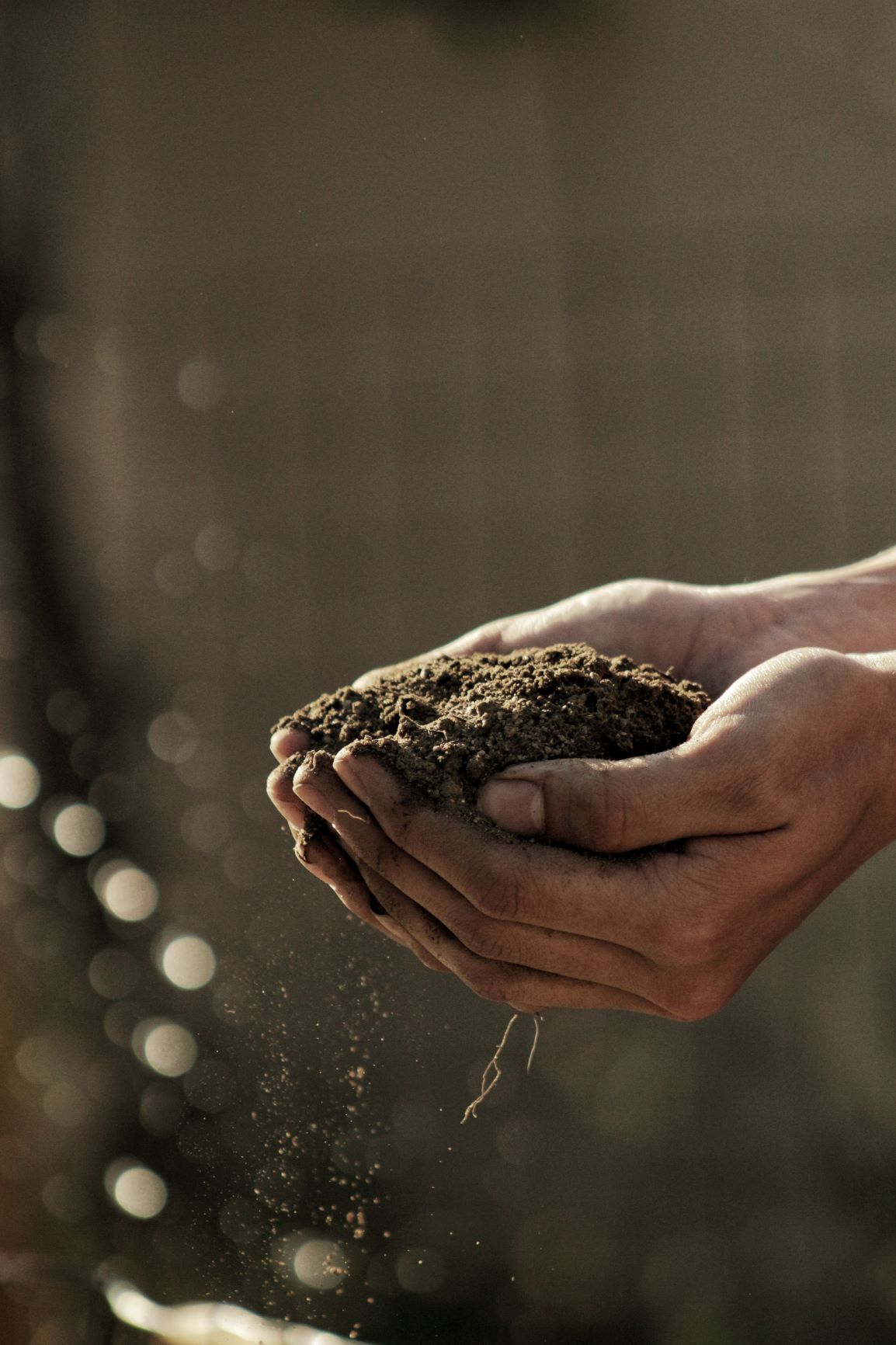
Environment and Natural Resources
IFPRI’s research on environmental issues, including land management and water policies, supports poverty reduction, food security, and sustainability.
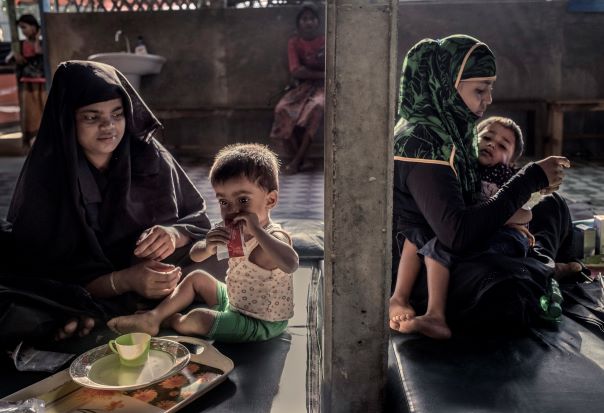
Food Crises
Crises including food insecurity, conflicts, and climate shocks have widespread consequences for food security and stability.
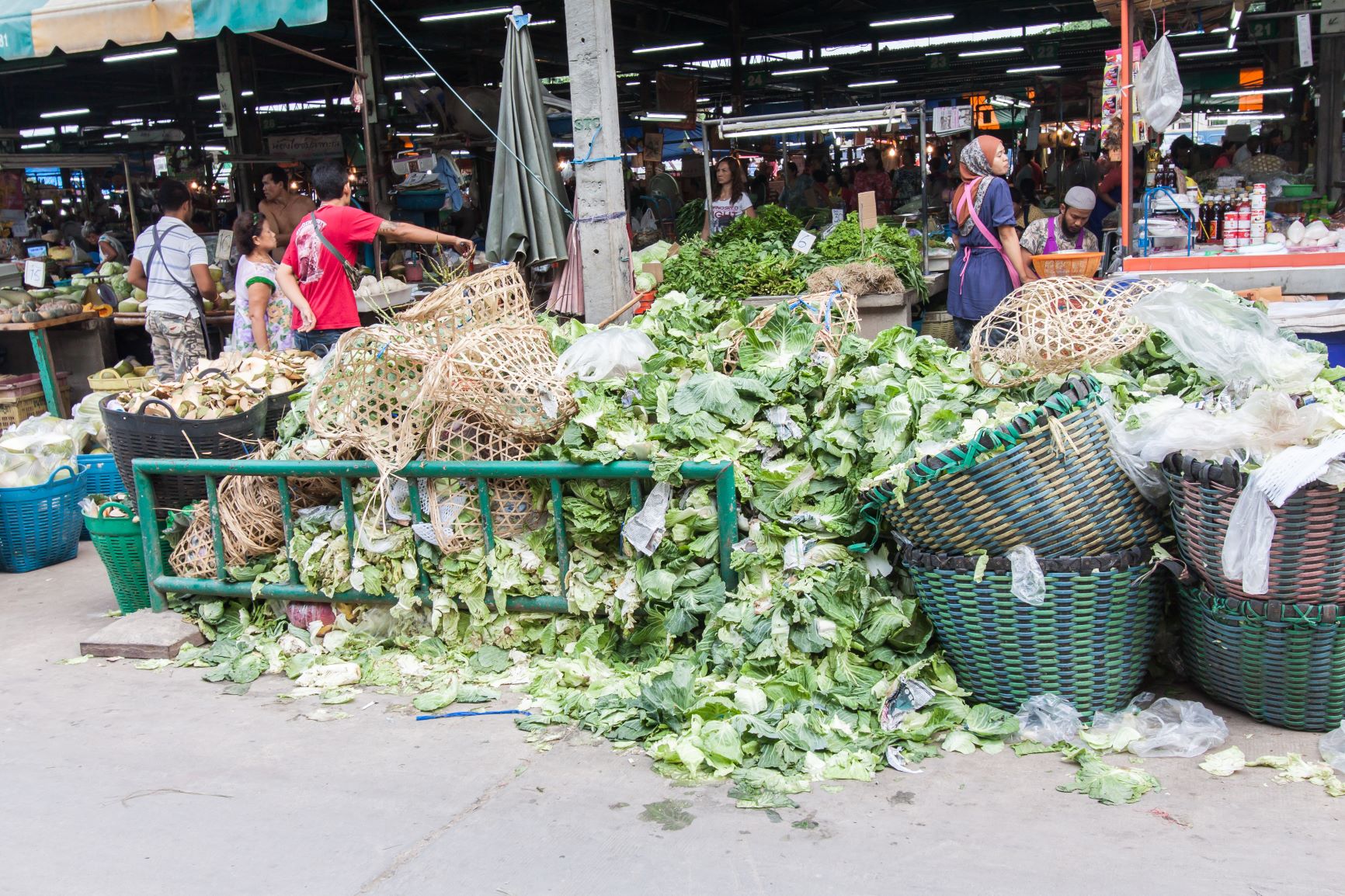
Food Loss and Waste
Improved measurement of food loss and waste and where it occurs along the value chain allows for reduced pre- and postharvest losses and for improvements in food security, nutrition, and smallholder incomes.
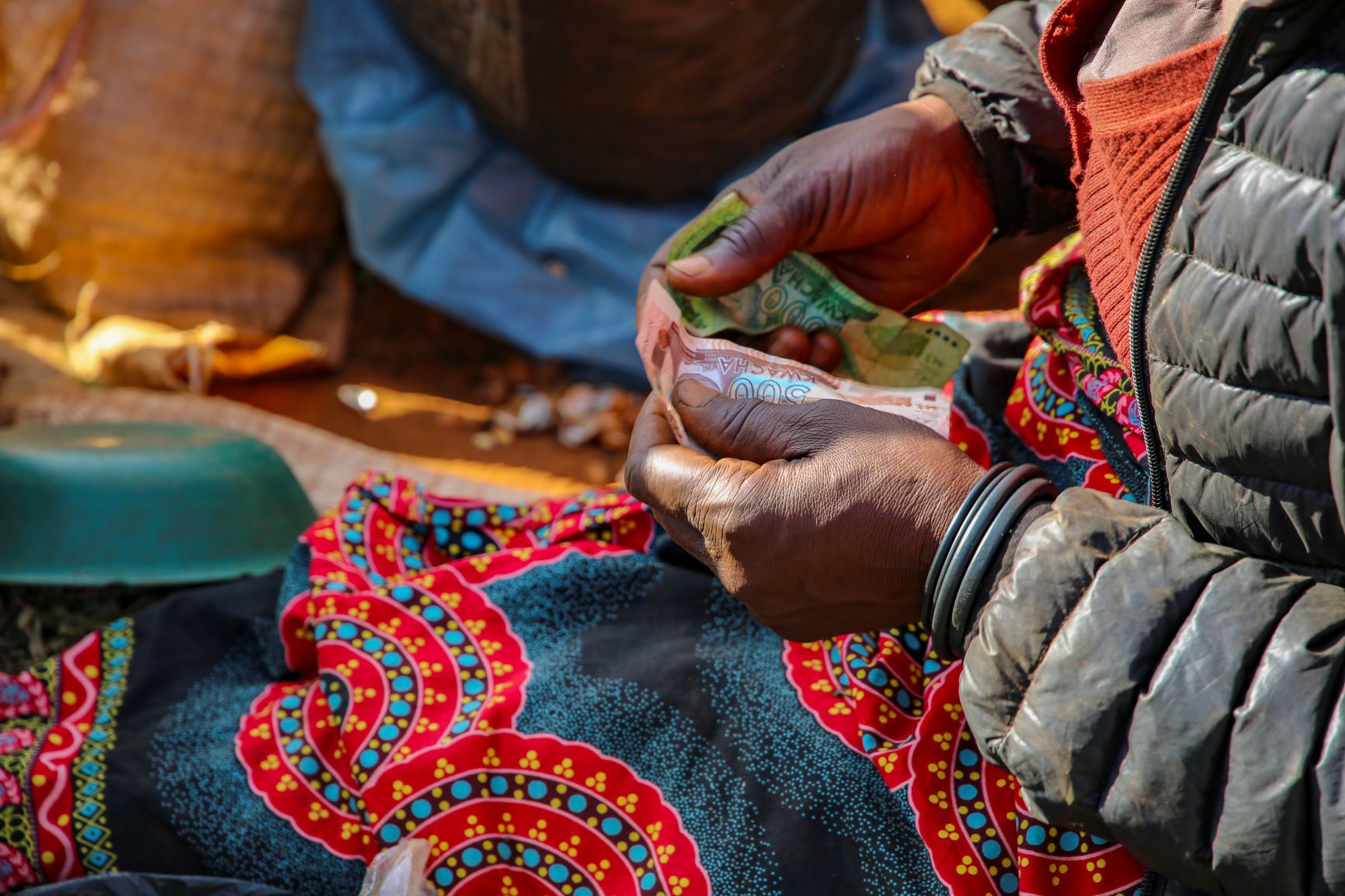
Food Prices
Risk-coping food policy analysis tools from IFPRI provide data, news, and evidence-based research to help countries avoid or mitigate food price spikes.
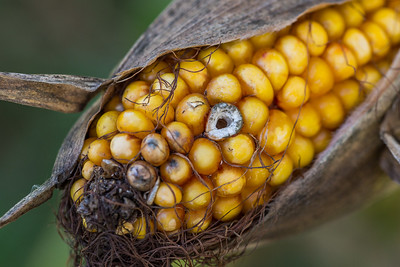
Food Safety
Food safety and food security are intrinsically linked to water safety, human health, and nutrition. Food safety policies address a range of issues including food hygiene, export standards, and market access.

Food Security
A changing climate, growing global population, and environmental stressors will impact food security, requiring adaptation strategies and policy responses.
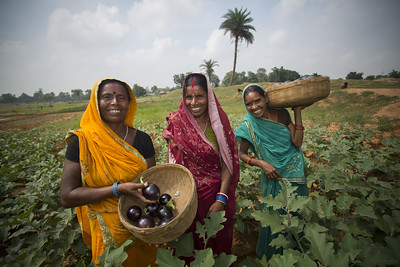
Food Systems
Food systems comprise the entire food value chain — from inputs and production to transportation, sale, and retailing to consumption and disposal — plus the enabling policy and food environments.

Gender
IFPRI collects data, tests models, and generates important findings on how gender relates to food and nutrition security; gendered impacts of agricultural development; household power and resource allocation; land tenure; and economic development.

Governance
IFPRI’s governance research focuses on property rights, collective action, pro-poor public investments and policies, and high-quality public service delivery.

Health
To understand the intrinsic links between agriculture, nutrition, and health, IFPRI addresses a range of issues from antimicrobial resistance to social protection.

Markets and Value Chains
Well-functioning food and agricultural value chains are essential for economic growth and food and nutrition security.
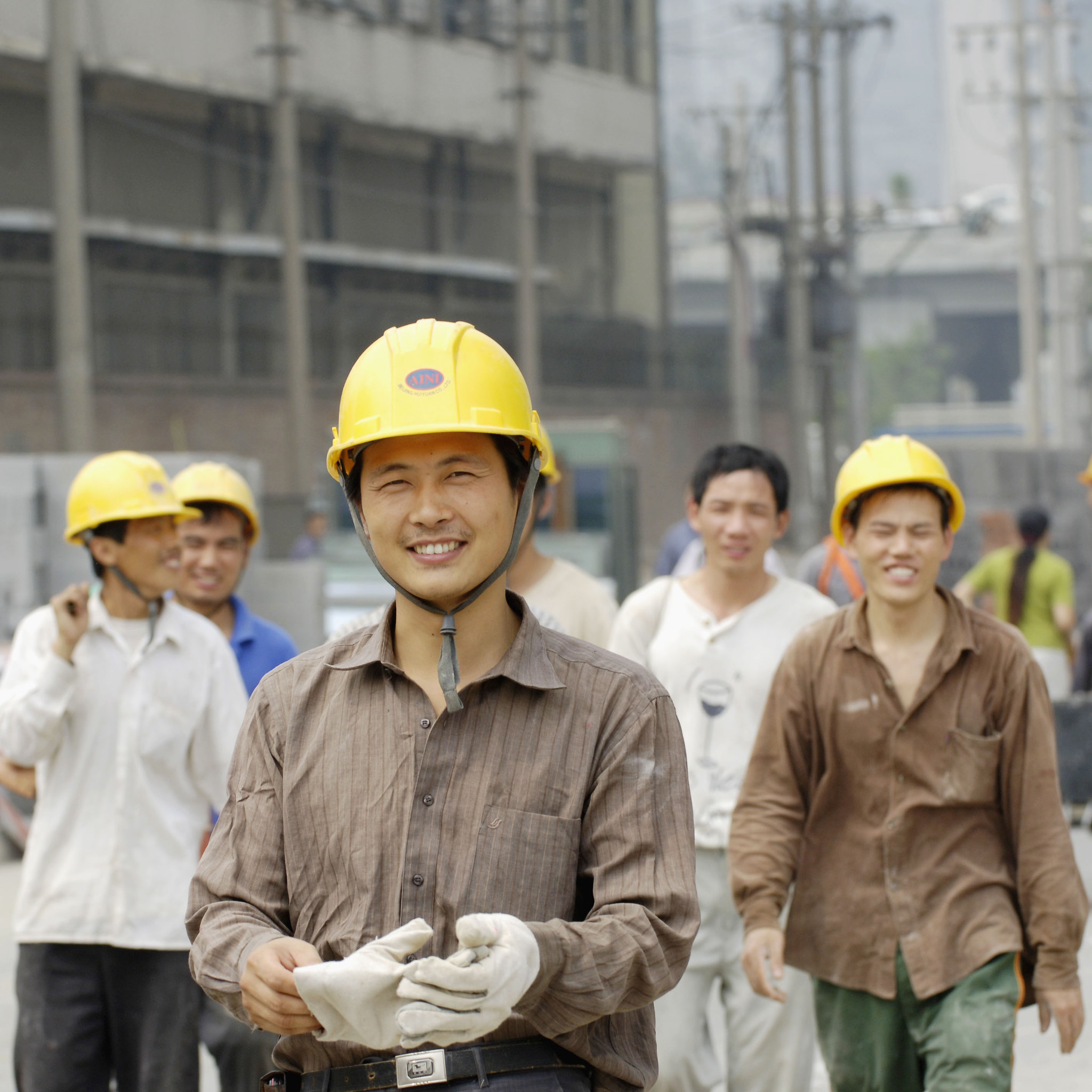
Migration and Remittances
Voluntary migration helps improve food security for migrant workers and their communities of origin through money transfers, known as remittances, back home.
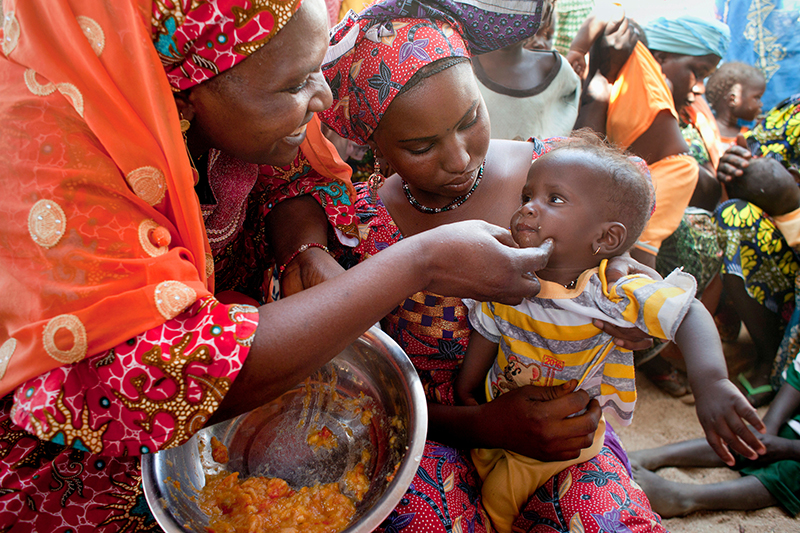
Nutrition
Nutrition is key to human well-being. IFPRI’s nutrition research focuses on reducing all forms of malnutrition through programs and policies to improve diets and health.

Poverty
To evaluate the approaches that can best help families to move out of poverty, IFPRI’s researchers explore the linkages among poverty, food security, and nutrition.
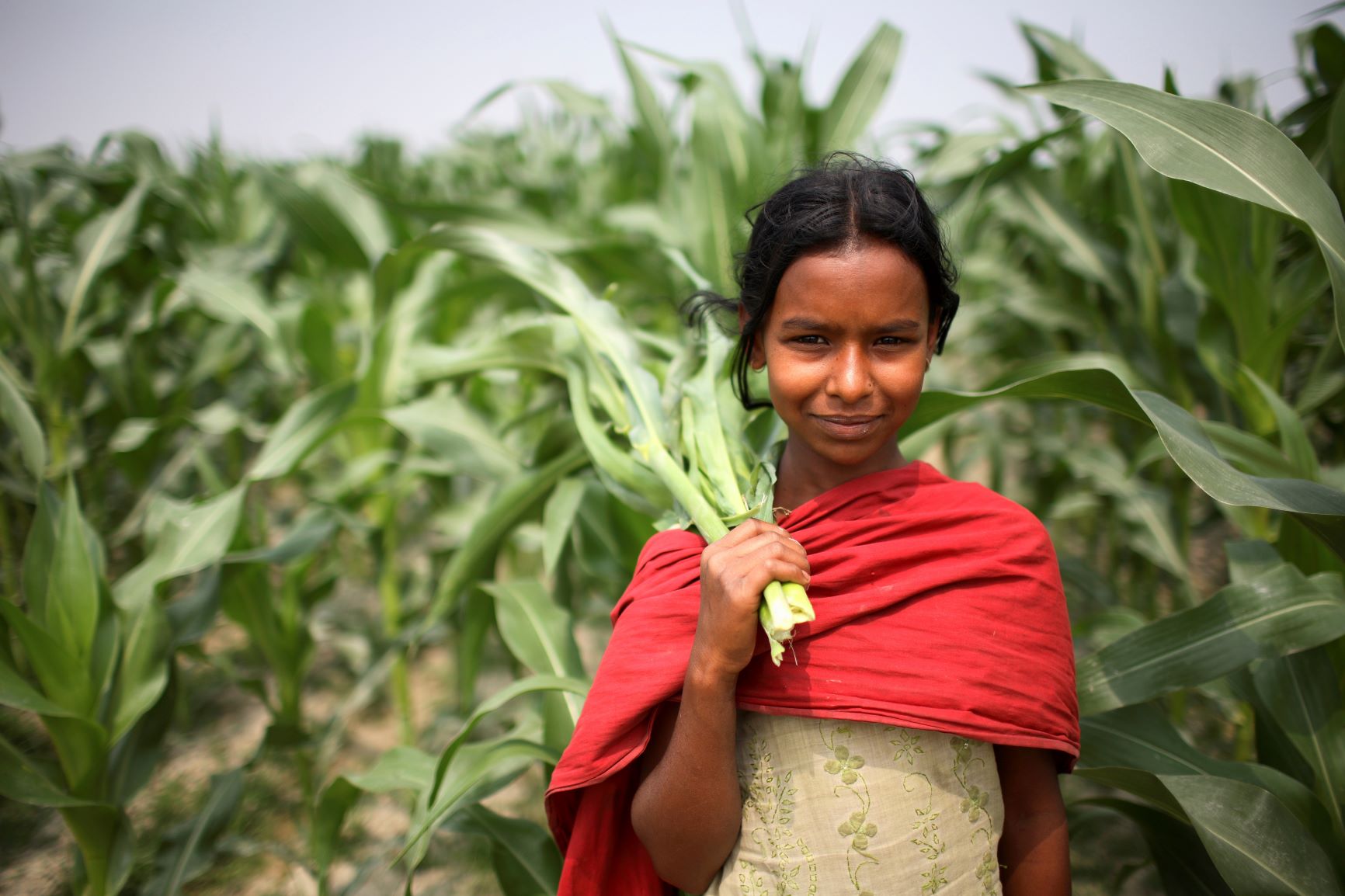
Resilience
Building resilience to climate change and economic shocks that threaten food and nutrition security requires a range of interventions.
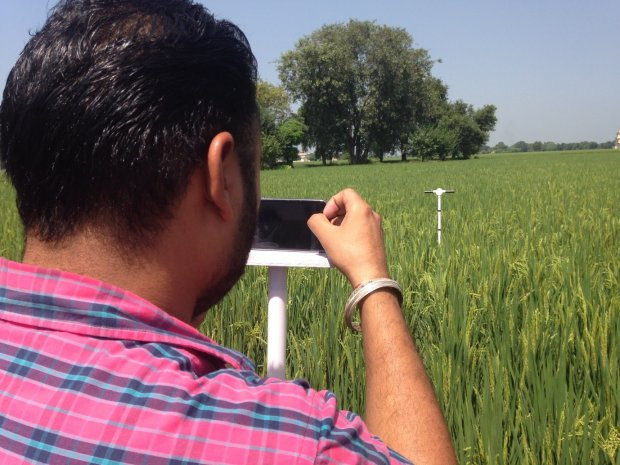
Risk and Insurance
Conducting research to improve the availability, affordability, and quality of crop insurance and other financial instruments to reduce risk of agricultural investments for farmers, bankers, and insurers.
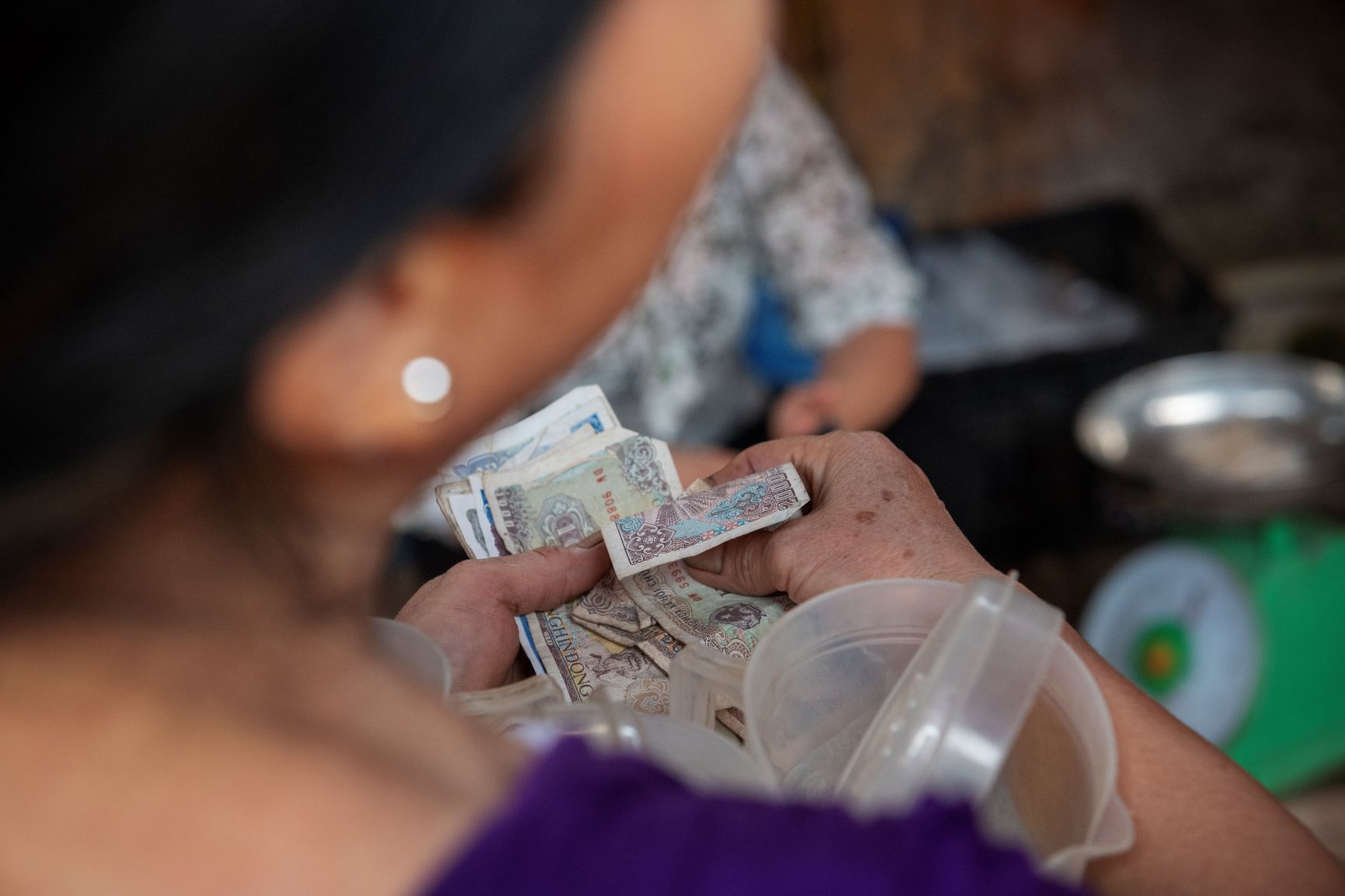
Social Protection
To improve developing-country safety net programs, researchers conduct impact evaluations of national programs and pilot programs covering cash transfers, social insurance, and complimentary programs in schooling, nutrition, and financial inclusion.

Trade
IFPRI’s research informs developing countries’ domestic and international trade policies to promote an inclusive and efficient international trade system.

Water and Irrigation Policy and Institutions
Aiming to reduce poverty by increasing water-use efficiency in developing countries, improving water quality, reducing irrigated land degradation, and increasing food security and water access for the poor.




